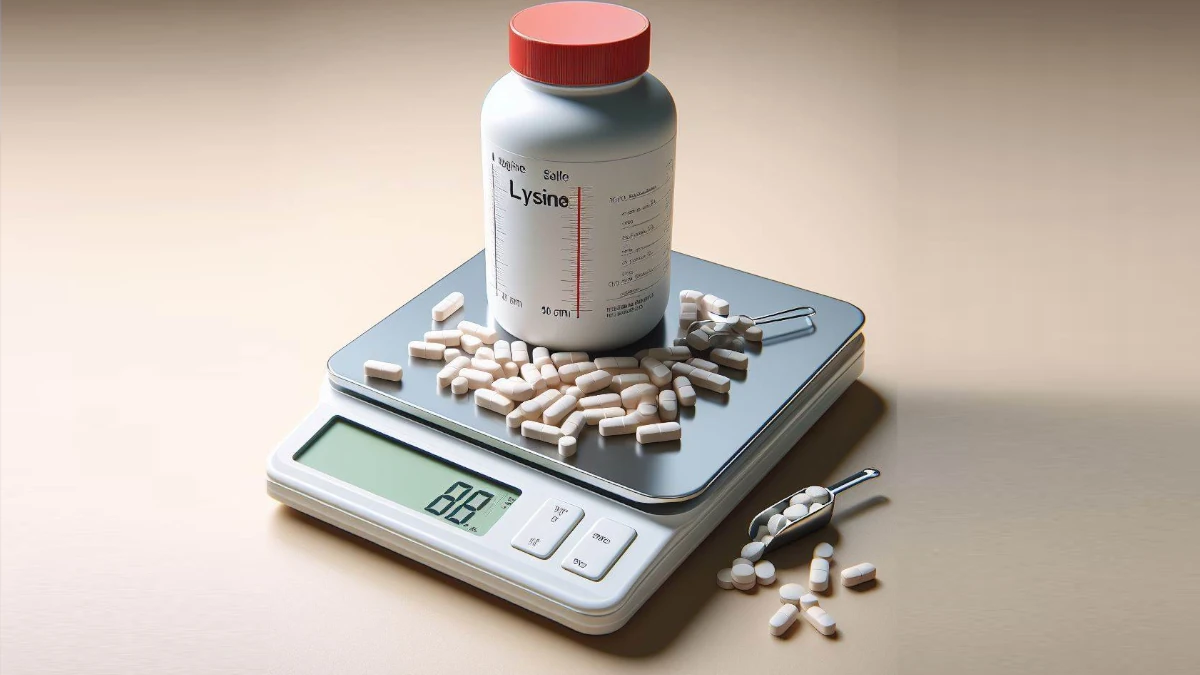Herpes FAQs
What is Herpes?
Herpes is a common viral infection caused by the herpes simplex virus (HSV). There are two types of HSV: HSV-1 and HSV-2. Both types can cause infections in various parts of the body, including the mouth, lips, nose, eyes, and genitals.
Herpes is characterized by outbreaks of painful sores or blisters that can occur repeatedly.
The virus remains in the body for life and can be managed but not cured.
Herpes is a global issue, with over half a billion people worldwide estimated to have genital herpes, and several billion with oral herpes.
While herpes can be uncomfortable, it does not lead to serious health problems in healthy adults.
However, it can be dangerous for people with weakened immune systems and for newborns.
This websites contains affiliate links. As part of the Amazon Associates program, we may earn from qualifying purchases.
What are the two types of herpes?
HSV-1 primarily causes oral herpes, which is responsible for cold sores and fever blisters around the mouth and on the face.
HSV-2, on the other hand, primarily causes genital herpes and is commonly transmitted through sexual activity.
Both HSV-1 and HSV-2 can cause sores in either the oral or the genital area.
The type of herpes is determined by the location of the infection, not the type of virus that caused it.
It's also important to note that both types of herpes can be transmitted even when there are no visible sores or symptoms.
This is known as asymptomatic shedding.
While both types can cause similar symptoms, they are generally associated with different health issues.
HSV-1 is often associated with oral health issues, while HSV-2 is more often associated with genital health issues.
How to know if I have herpes?
Herpes symptoms can vary greatly. Some people may experience outbreaks of blisters or sores, while others may have no noticeable symptoms.
The best way to know if you have herpes is to get tested by a healthcare provider.
Common symptoms of herpes include blisters or sores at the infection site, flu-like symptoms such as fever and swollen lymph nodes, and tingling or itching at the infection site before an outbreak.
It's important to note that herpes can be asymptomatic, meaning that you can have the virus and transmit it to others without showing any symptoms.
This is why testing is crucial if you believe you may have been exposed to the virus.
There are several types of tests available for herpes, including viral culture tests, PCR tests, and blood tests.
Your healthcare provider can help determine which test is best for you.
What are cold sores?
Cold sores, also known as fever blisters, are small blisters that form on the lips or around the mouth.
They are caused by the herpes simplex virus, specifically HSV-1.
Cold sores are contagious and can be spread from person to person through close personal contact such as kissing.
Cold sores typically begin with a tingling, itching, or burning sensation around the mouth. After a few days, small fluid-filled sores appear. These sores eventually burst and crust over, forming a scab that heals without leaving a scar.
Outbreaks can be triggered by various factors, including stress, fatigue, sunlight, hormonal changes, and a weakened immune system.
While there is no cure for cold sores, there are treatments available that can help reduce the severity and frequency of outbreaks, as well as the risk of transmitting the virus to others.

What are the differences between oral and genital herpes?
Oral herpes is usually caused by HSV-1 and results in cold sores or fever blisters on or around the mouth.
Genital herpes, usually caused by HSV-2, results in sores on or around the genitals.
Both types of herpes can be transmitted to either the oral or genital area of the partner.
Oral herpes is most commonly transmitted through direct contact with the saliva or sores of an infected person, typically through kissing.
Genital herpes is most commonly transmitted through sexual contact.
Both types of herpes can cause outbreaks of painful sores, but the frequency and severity of outbreaks can vary greatly from person to person.
Some people may have frequent outbreaks, while others may have only occasional outbreaks or none at all.
While both types of herpes can cause discomfort, they typically do not lead to serious health problems.
However, genital herpes can increase the risk of contracting other sexually transmitted infections, including HIV.
How is herpes transmitted?
Herpes is transmitted through direct skin-to-skin contact, such as kissing or sexual contact.
The virus can be passed even when the infected person has no symptoms.
Herpes can be transmitted in several ways.
Oral herpes is most commonly transmitted through direct contact with the saliva or sores of an infected person, typically through kissing.
Genital herpes is most commonly transmitted through sexual contact.
It's also possible for a pregnant woman with genital herpes to transmit the virus to her baby during childbirth, which can lead to serious health problems for the baby.
While using condoms can reduce the risk of transmitting genital herpes, they do not provide complete protection as the virus can infect areas not covered by a condom.
How do I get tested for herpes?
If you suspect you have herpes, you should see a healthcare provider. They can take a swab from a sore and test it. Blood tests can also be used to look for antibodies to the virus.
There are several types of tests available for herpes, including viral culture tests, PCR tests, and blood tests.
Viral culture and PCR tests involve taking a swab from a sore and testing it for the presence of the virus.
Blood tests look for antibodies to the virus in your blood, which can indicate a past or current infection.
It's important to note that herpes testing is not typically included in standard STI testing panels, so you may need to request it specifically.
Also, because it can take several weeks for the body to produce antibodies to the virus, testing too soon after exposure may not provide accurate results.
If you test positive for herpes, your healthcare provider can provide information and resources to help you manage the condition, including antiviral medications to help control outbreaks and reduce the risk of transmission to others.
Is there a cure for herpes?
There is currently no cure for herpes. However, there are medications that can help manage symptoms, reduce the frequency of outbreaks, and lower the risk of transmitting the virus to others.
Antiviral medications, such as acyclovir, famciclovir, and valacyclovir, are the most common treatments for herpes.
These medications can help reduce the severity and duration of outbreaks, prevent outbreaks from occurring, and reduce the risk of transmitting the virus to others.
In addition to medication, lifestyle changes can also help manage herpes.
This includes eating a healthy diet, getting regular exercise, getting enough sleep, and managing stress.
Avoiding triggers that can cause outbreaks, such as sunlight and stress, can also help manage the condition.
While there is no cure for herpes, it's important to remember that the condition can be managed and that people with herpes can lead healthy, active lives.
How can I prevent herpes outbreaks / cold sores?
Outbreaks can be managed and prevented by taking antiviral medications, maintaining a healthy lifestyle, reducing stress, and using sun protection.
A diet high in lysine and low in arginine can also help prevent and reduce the severity of HSV outbreaks.
Lysine is an amino acid that interferes with the replication of the herpes virus, helping to prevent outbreaks.
Foods high in lysine include fish, chicken, beef, lamb, milk, cheese, beans, brewer's yeast, mung bean sprouts, and most fruits and vegetables.
Arginine, on the other hand, can trigger outbreaks.
Foods high in arginine include nuts and seeds, red meat, eggs, and grains.
It's also important to maintain a strong immune system, as a weakened immune system can trigger outbreaks.
This can be achieved through a healthy diet higher in lysine than arginine, regular exercise, adequate sleep, and stress management.
Regular check-ups with your healthcare provider can also help monitor your condition and adjust treatment as necessary.
Finally, it's important to remember that while these strategies can help manage herpes and prevent outbreaks, they are not a substitute for medical treatment.
Always consult with a healthcare provider for advice tailored to your specific circumstances.



